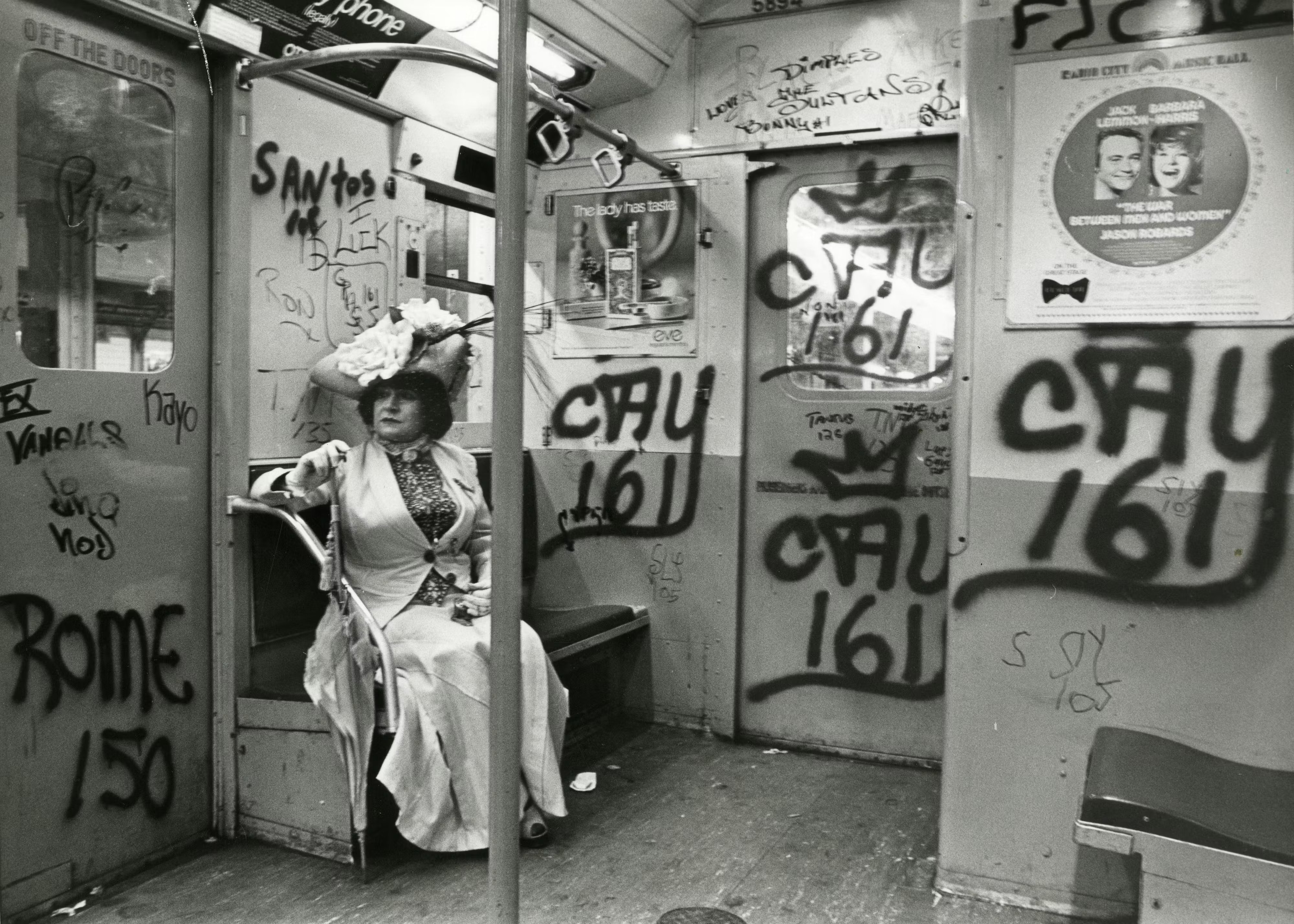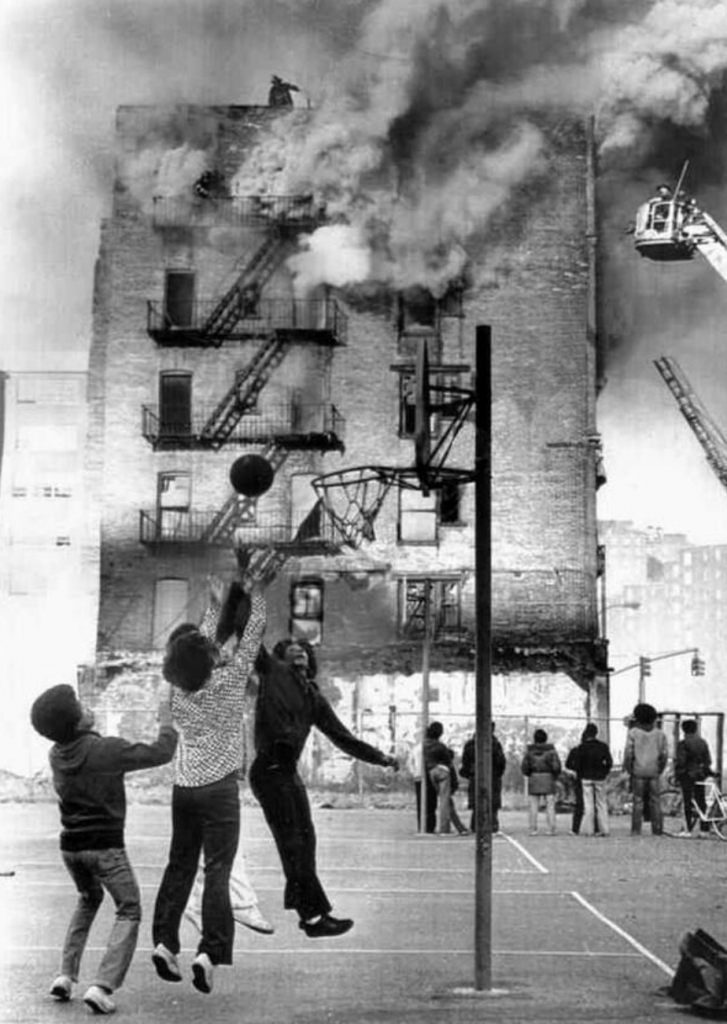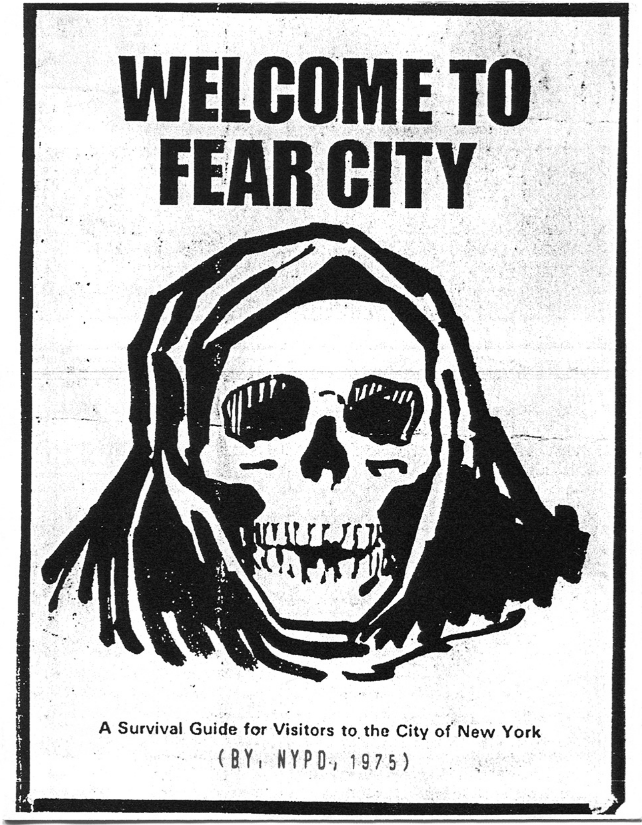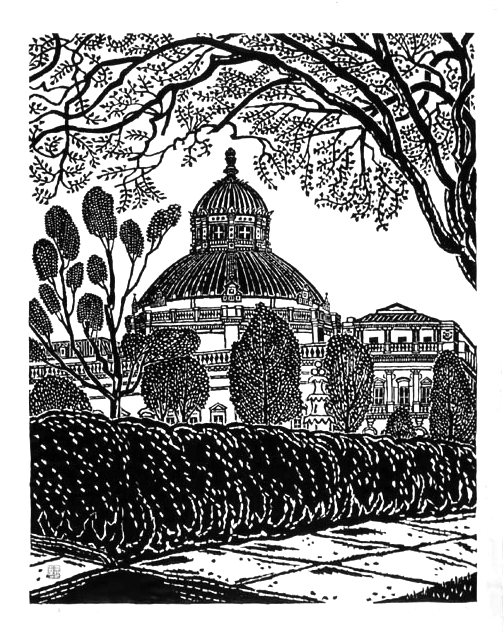Nearly a year ago I had an argument with a friend over the "responsibility" to be engaged in the media one choses to consume. Their argument being, under the inoxerable exhaustion that one faces in modern life, a consumer should not carry the responsibility of critical engagement with media - that responsiblity lies within the artistic and critical classes which create and discuss work. I remember being struck first by a feeling of overwhelming depression at this: it felt like life was so depressing in spirit, that nothing could be done about anything - since from my point of view, it is not difficult to engage with something in a very minor way. It also carried with it a classist worldview: that culture was to be experienced by those outside of the violent choke of poverty. I felt that this argument was so ridiculous, that it shouldnt need be contested. Yet nonetheless it haunted me. I couldnt stop thinking: what exactly is engagement? what does it mean to enagage in something?
Let us begin with "literacy". Literacy is most often understood as an ability to process information, both textual and meta-textually. Occasionally literacy is considered an understanding or application of a critical lens in the analysis of this textual body - but even these lenses themselves carry their own meta-textual histories. Marxist economic analysis is initself intertwined with real economics for example.
Literacy is not the "solution" to writing, but you would not understand that having learned in an american highscool. We often diminish literacy into rote understandings of charector motivations and prose - whose decipherings become the pass/fail of culture. This is often the approach of the liberally minded, whose belief in literacy betrays a subtle misunderstanding of the text as a body: instead believing that the text is a puzzle with a solution. This presentation of literacy eschews the mechanism of literacy - engagement. Belying these ideals of textual study is the pivotal and essential need to engage with all things, and it is through a critical analysis that knowledge can begin. It is vital that one is critical of books, film, speech, news coverage, radio broadcasts, real life conversation, politics, food - of all things. knowledge gained this way is inherently true, as it is found in the real - and not derived from the already abstracted. Literacy is thus an understanding of things as a living body - as a system that is real and is continuously malleable (and is itself being changed continuously). Literacy does not end with some placcid metaphor in a book - it does not even end at the kitchen table.
1. Style Wars

I'm out here to bomb, period. That's what I started for. I didn't start writing to go to Paris. I didn't start writing to do canvases. I started writing to bomb. To destroy all lines. That's what I'm doing. [How long do you think you'll do it?] Till I'm finished.
Now that you've heard that, do you understand what I'm saying to you when I say that I don't understand him? He's out there to bomb, destroy all lines. What have the lines ever done to him? What have the lines ever done to him?
At the dawn of the seventies, a single phrase began to appear hundreds of times across new york, painted on buildings trains and streets it read: TAKI183. People were confused, it wasnt a municipal code like USA (Underground Service Announcement), it served seemingly no purpose at all. The youth figured it out first: it was a name. Taki, short for the greek Demitrius and 183 for 183rd street, his neighborhood. Taki started by painting his name on ice cream trucks at first, something he picked up from another early graphiti artist. But after getting a job as a delveryman, TAKI183s became citywide. Once people understood it to be a name, the graphiti boom began and to city officials, trains have never been clean since.
At the same time, New York had entered a period of inequality and recession that threatened to kill the city outright. Fires burnt down 80 percent of the south bronx, other neighborhoods were similarly affected. The majority of these were arson, found to be started by landlords hoping for an insurance payout. As the New York Times reported in 1977, "When the economy is improving, fires diminish in number and severity. When the economy turns down, fires increase." One will notice that the residents of these neighborhoods were overwhelmingly black, puerto rican and poor. Media coverage at the time blamed the residents of the area, but why would someone burn down their own home?

Paul Hosefros, 1975
Stevenson, G. (1977, September 11). Point of view.
After budget cuts in 1975 promised to lay off 11,000 officers, the policeman's union handed out "fear city" flyers to tourists at the airport and times square, promising a spree of criminal activity, violence, the end of everything, etc. President Gerald Ford vetod a proposed bailout of the city, condeming the city to massive debt. Although essential services were to be maintained "White House officials said privately, however, that Ford had no intention of committing federal money to maintain such services. They also conceded that as defined by the Ford administration, “essential services” may not include public schooling."

NYPD, 1975
While New York was broke at the time, but cuts to policing budget in the city can also be seen as a response to the corruption scandal of 1970, 5 years prior. After reports of systematic corruption spread on the New York Times, whistleblower Frank Serpico was shot while conducting a police raid, he attests that he was "left to bleed out", as his fellow officers did not enter the apartment with him, nor did they call for an ambulance. A neighbor in the appartment complex called for emergency services instead. Yale's police union handed the similar pamphlets out in 2023, during contract negotiations. Riper, F. V. (1975, October 30). Ford to city: Drop dead in 1975.
The seventies proved disasterous for the youth of New York, who found themselves at the forefront of the detransition away from the manufacturing economy of the fifties and sixties. Starting from an unemployment rate of arround 10 percent in 1969 (close to the national average at the time), unemployment rates rose year by year until 1983: a period where less than one third of youth could find employment. The nature of work itself had changed too - youth were increasingly herded into retail oriented positions, which marked a change from the office and manufacturing positions of the sixties. As the workforce skilled upwards, with more complex systems and greator technical skills needed, more and more teenagers were left out of the economy. The new workplace was that of retail and fast food, which were staffed by entirely teen workforces with extremely high turnover rates. "Walk into a McDonald's, a sueprmarket on a sunday afternoon, or a department store some weekday evening: what you see is a workforce dominated by youth, with the exception of a handful of adult managerial personel... employed teenagers find themselves isolated from adults. Thus, working youth lack contacts with skilled and more mature workers who could provide a source of social control, as well as an example which youth might model their behavior." Retail and fast food workplaces are reliant on the high turnover of their staff in order to keep salaries low, and prevent unions from forming, thus the use of teen workers was key to their ability to provide cheap goods at thin margins.
Waldinger, R., & Bailey, T. (1985). The Youth Employment Problem in the World City.With work oppurtunities drying out and a world increasingly unfriendly to the poor youth of new york, one can trace the birth of an alternative language : one shaped by the youth reified in it's rejection of the powers that be. New music in the form of hiphop, new dances and new slang. hiphop's continuous rejection of authority has incesnsed critics for decades: when you see someone out to graphiti all train lines, you ask "What have the lines ever done to him?", without understanding that the lines are the world and it is moving on without you.
as Taki himself puts it:Since there are no more student deferments, maybe I'll go to a psychiatrist and tell him I'm TAKI 183. I'm sure that will be enough to get me a psychological deferment.”
We often complain of a lack of literacy in the youth - reports of how the young can barely spell, much less express a mastery of the great classics are commonly relayed. These arguments usually derive themselves from the discourse explored by Aronowitz and Girroux, Aronowitz and Girroux argue agiasnt a "Canon" in education, ultimately finding that value of education is in the personaly utility of knowledge, creating a multiplicity of values which cannot be captured by a canon. When you find a "classic of literature" you must ask: what is a classic? and to whom? regardless of whether the proponents of these ideas know it or not. It is in this way the idea gains a life of its own, coopting will and intent to propagate itself as a discourse sometimes independent of it's proponents. More than an institutional failure that has depirved a student of nessecary skills, it seems more indicitive that a general social alienation is most apparent in the young, as they show the products of their development more clearly than others. There is a refusal to commit any mention of the reduction in social fabric as a result of a diminishing intra class solidarity - stemming from an increase in labor demands, effects of multigenerational suburbanization, crime wave scares, smaller familial sizes, it should be mentioned that smaller familial sizes are a result of a confluence of many interconnected factors, which often influence each other. a reduction in familial sizes is par for the course in the way that cultures industrialize, as labor demands have perhaps the largest impact of the sizes of families - see South Korea. and other factors of western alienation- all diminish our capacity of existing within a greator social life. Children ironically -due to enrollment in social programs- have more communal engagement at the behest of their parents, than most parents do. it is perhaps not entirely true that it takes a village to raise a child, but it is no suprise that the child is not spared when the village is burned. The diminishment of these external factors away from the discourse of the "youth literacy crisis" is this way illiterate - unable to read the forest when looking at it's trees.
citations
Aronowitz, Stanley, and Henry A. Giroux. 1991. Postmodern Education : Politics, Culture, and Social Criticism. Minneapolis: University of Minnesota Press.
Borges, J.L. and E. Weinberger. 2000. Selected non-fictions. New York: Penguin Books.
